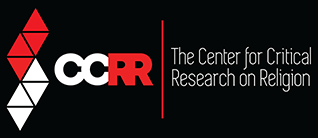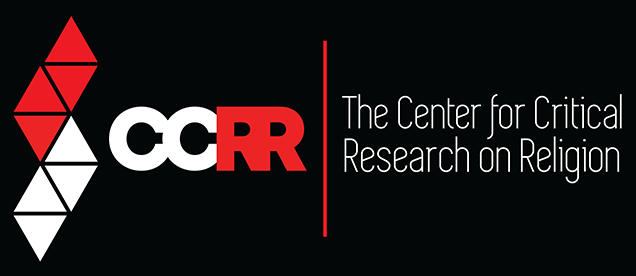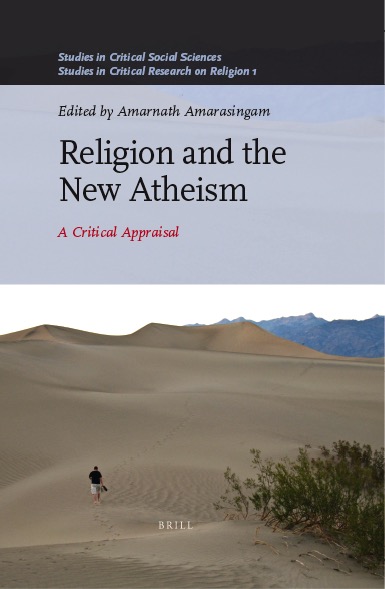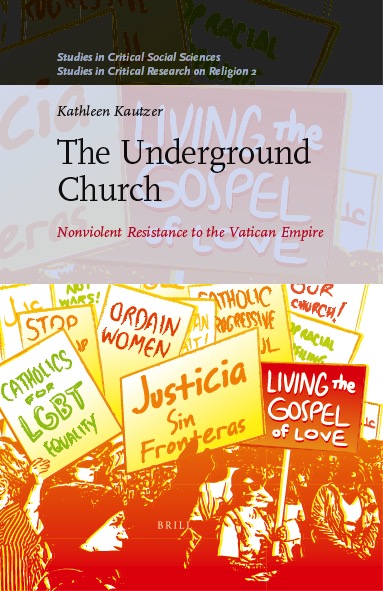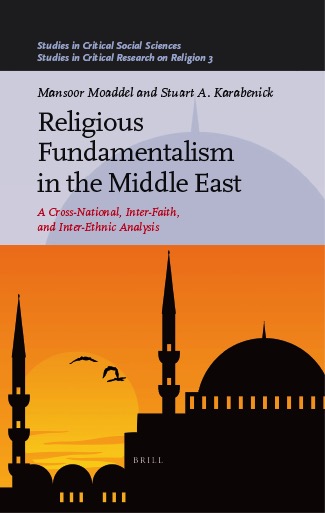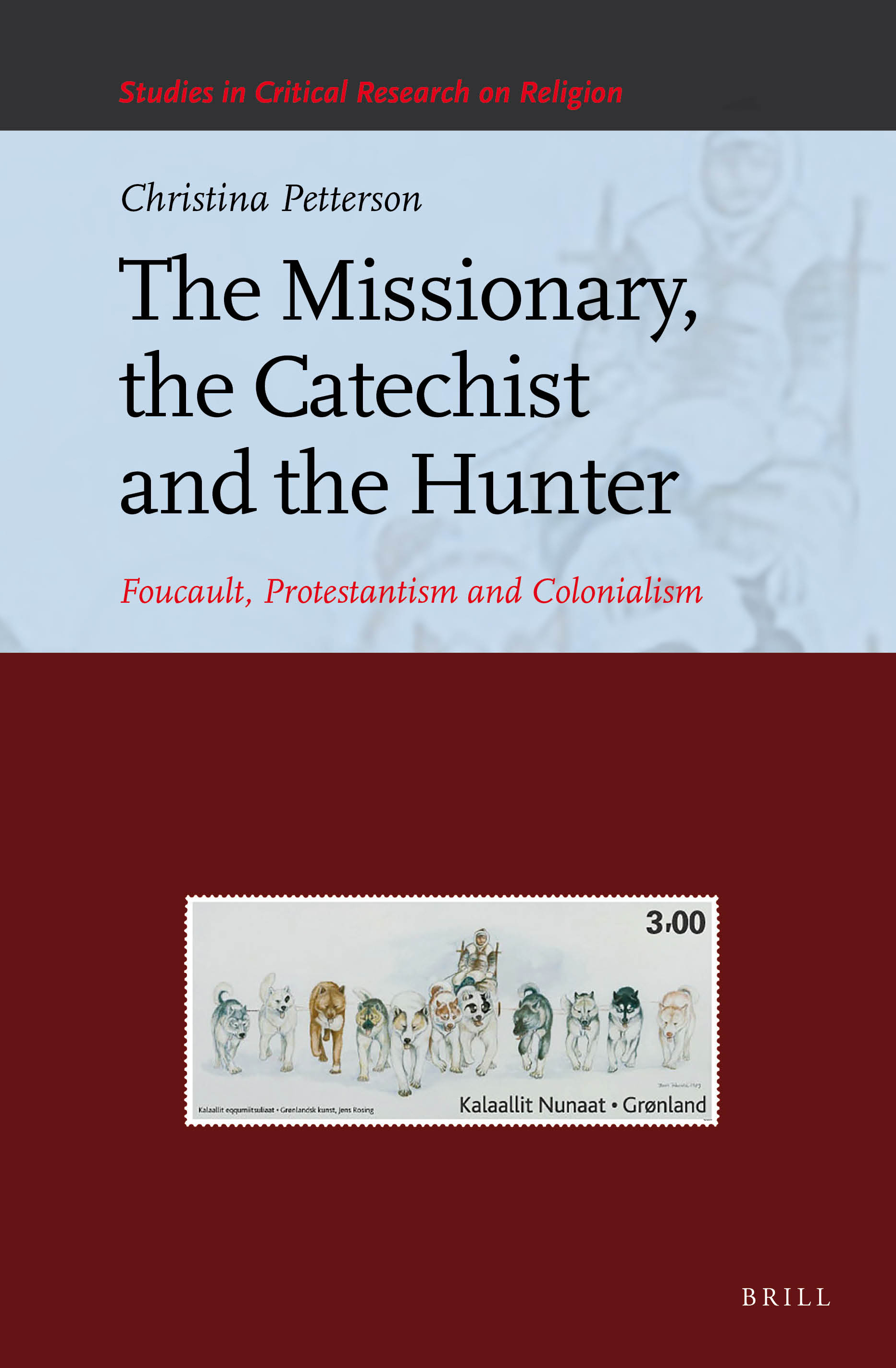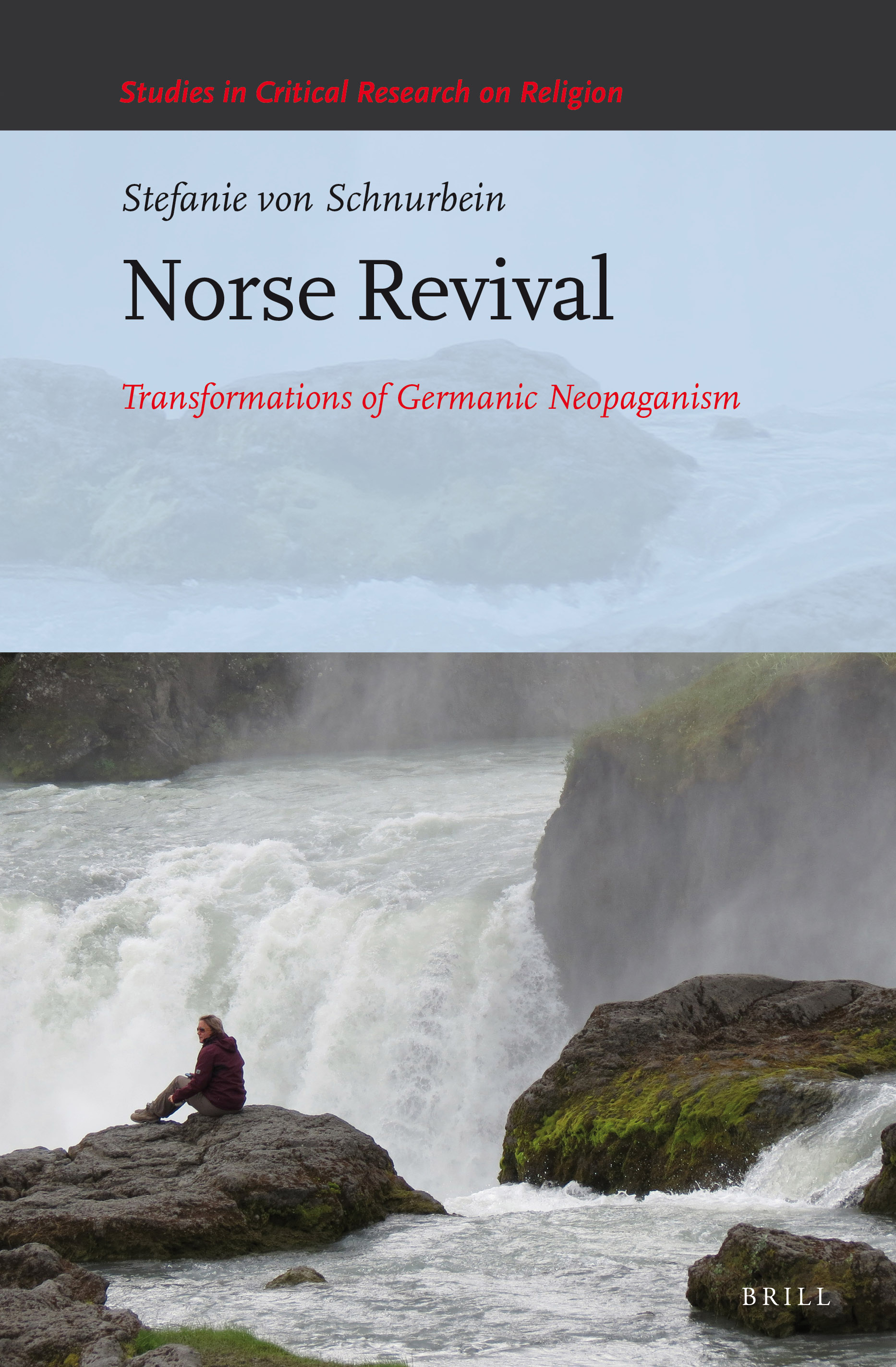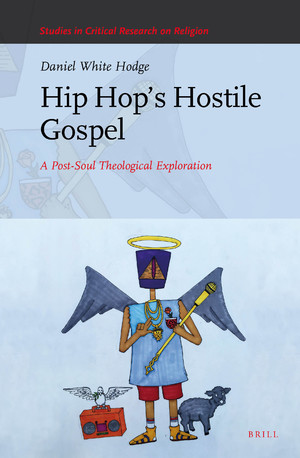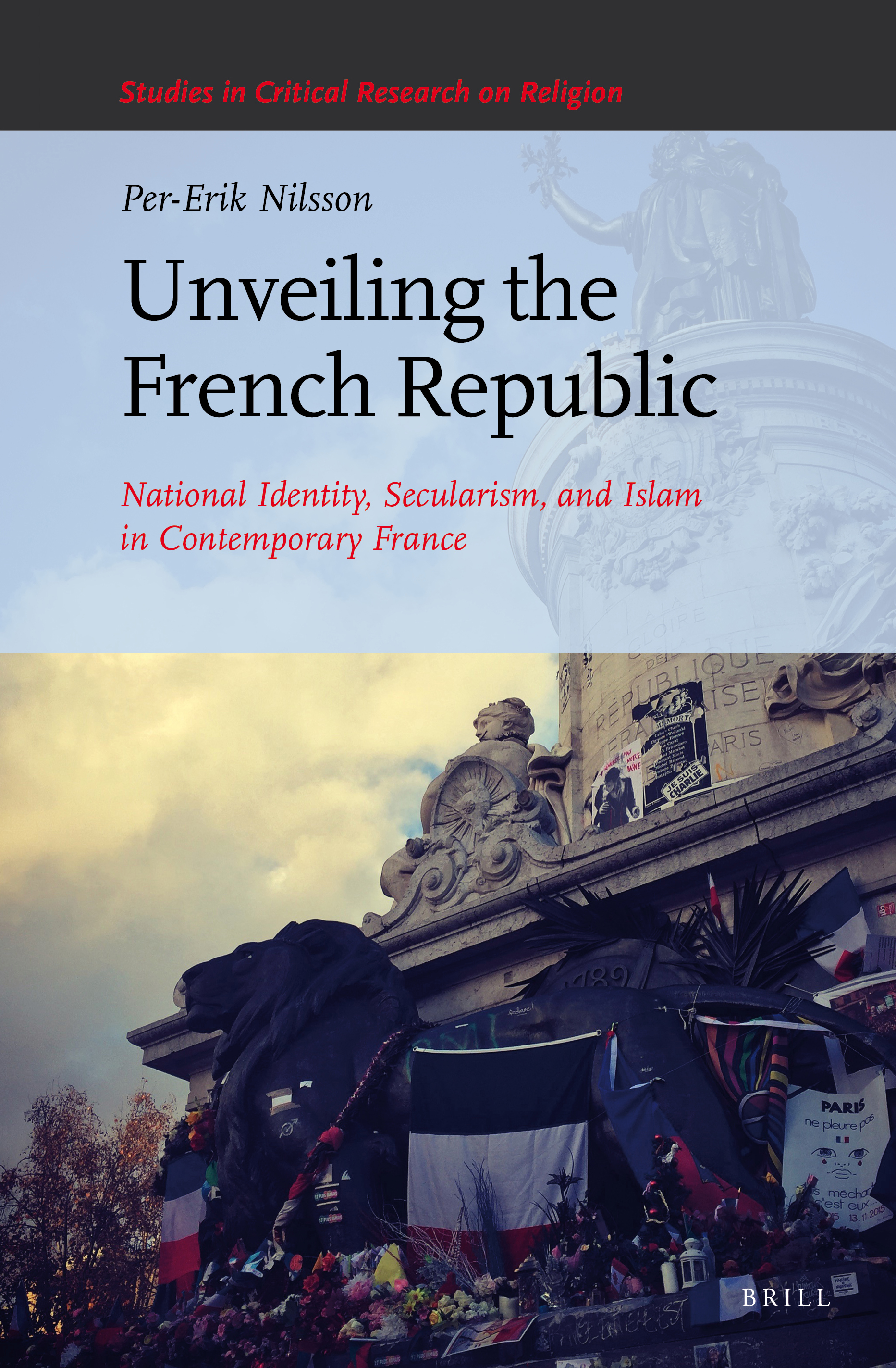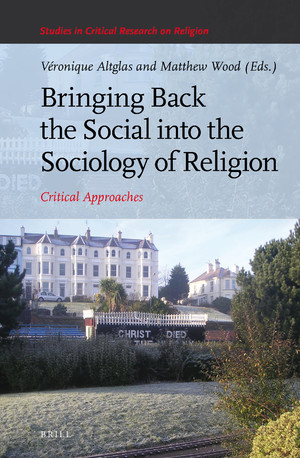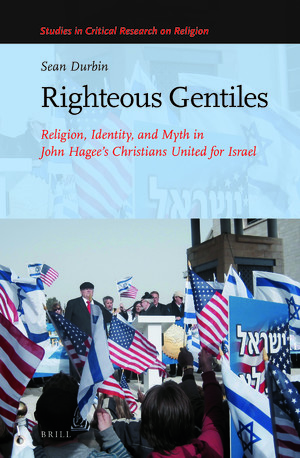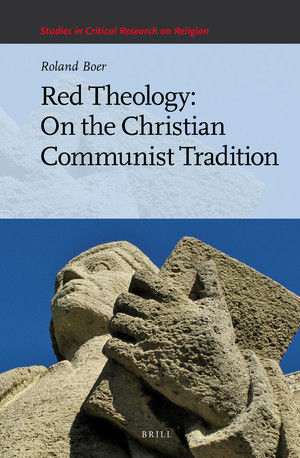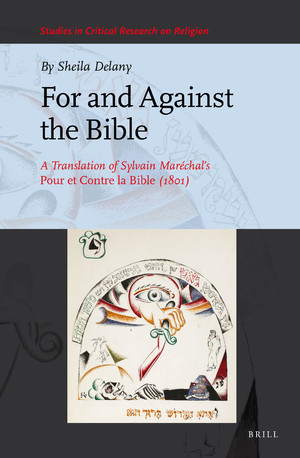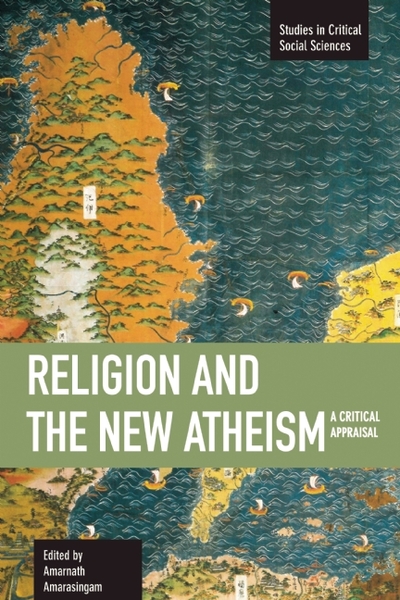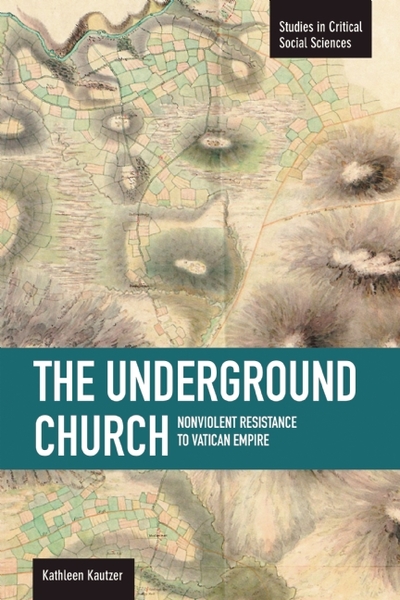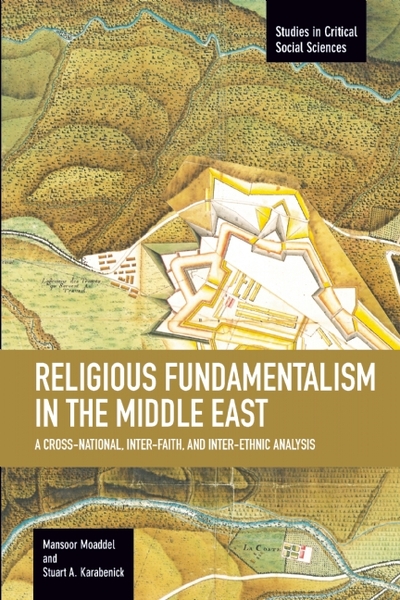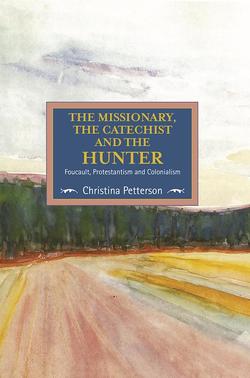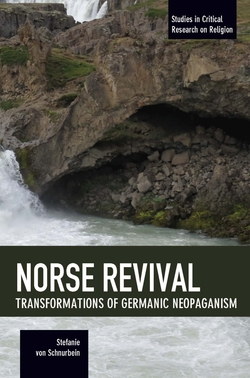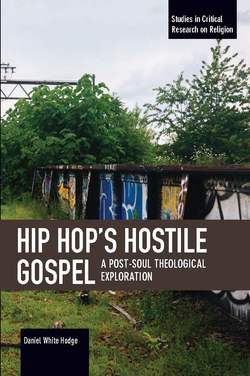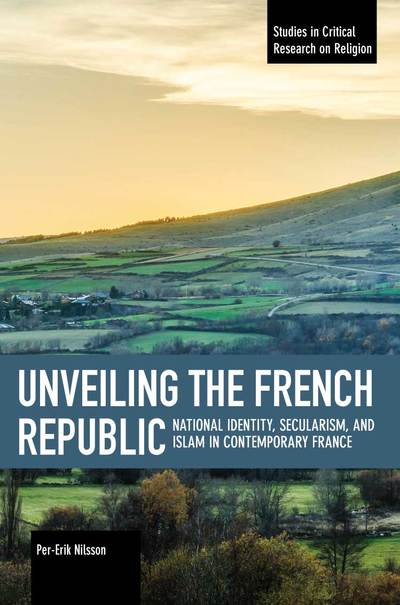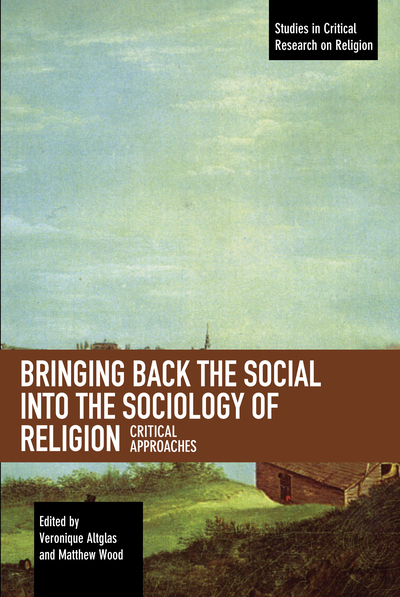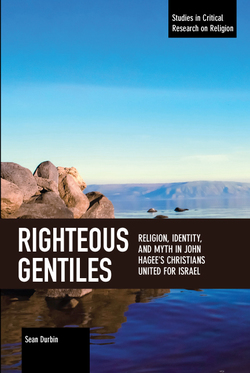Studies in Critical Research on Religion
Brill Academic Publishers
Haymarket Books
Series Editor
Warren S. Goldstein, Center for Critical Research on Religion (USA)
Editorial Board
Christopher Craig Brittain, University of Toronto (Canada)
Titus Hjelm, University of Helsinki (Finland)
Rebekka King, Middle Tennessee State University (USA)
Sarah Pike, California State University, Chico (USA)
Bruce Worthington, Chinese University of Hong Kong (China)
Advisory Board
William Arnal, University of Regina (Canada)
Roland Boer, University of Newcastle (Australia)
Jonathan Boyarin, Cornell University (USA)
Jay Geller, Vanderbilt University (USA)
Marsha Hewitt, University of Toronto (Canada)
Michael Löwy, Centre National de la Recherche Scientifique (France)
Rudolf J. Siebert, Western Michigan University (USA)
Rhys H. Williams, Loyola University Chicago (USA)
Statement of Purpose
Studies in Critical Research on Religion is a peer-reviewed, international book series focusing on the development of a critical theoretical framework and its application to research on religion. A critical approach examines religious systems and their multiple social effects. This includes the social construction of religion, religions, and religiosity and the function and efficacy of religious discourses. It draws on methods including but not restricted to the critical theory of the Frankfurt School, Marxism, post-structuralism, feminism, psychoanalysis, ideological criticism, post-colonialism, ecocriticism, and queer studies.
The purpose of this book series is to enhance an understanding of how religious discourses are institutionalized and have simultaneously served as sources of domination and progressive social change. It seeks to analyze the historical and economic conditions giving rise to religious systems while recognizing that religious rhetorics are motivated by human and social interests and are therefore related to material conditions. It attempts to understand the role and function of religion within social and political conflicts. These conflicts are often based on differences of race, class, ethnicity, region, gender, and sexual orientation – all of which are shaped by social, political, and economic inequities. A critical perspective recognizes that its own historical continuities lie within the confluence of numerous religious, political, and philosophical traditions. It does not reject this intellectual heritage but self-reflects on its relationship to it.
This book series invites proposals and submissions of monographs and edited volumes from scholars across all academic disciplines. This includes theology and religious studies, as well as those who critically study religion in the other social sciences and humanities such as philosophy, sociology, anthropology, psychology, history, and literature. Works can use a wide range of methodologies, including quantitative, qualitative, and historical.
Proposal Guidelines
Studies in Critical Research on Religion accepts proposals for monographs, edited books, and translations in English. To be considered for publication, proposals must be sent electronically by e-mail to the Series Editor, Warren S. Goldstein (goldstein@criticaltheoryofreligion.org) in either MS Word or Adobe .pdf format. The series editor will be send complete proposals to the editorial board for consideration. All proposals must contain the following parts:
1) Full Title: (including subtitle).
2) Names of Authors: Include affiliations for all authors. For first author, editor, or translator, provide full contact information and send a curriculum vitae (resume) as a separate file. For all other authors, provide a brief biography.
3) Introduction: Explain the topic and its relevance. Situate the proposed work within the published research on the same topic and the current debates over this topic. Explain how the work fills a gap in the existing research- how it will add to the discussion and contribute to new knowledge. Explain how the project fits with the theme of the series as described in its Statement of Purpose.
For monographs, identify the thesis (argument), the theoretical framework that will be used in the analysis, and the research methods employed. For translations, explain why this work or group of essays should be translated into English. Provide a history of this work (or these essays)- a brief biography of the author(s) and the reception of these writings. Identify other languages in which there are translations (if any). You will also need to obtain permission(s) from the copyright holder for the translation(s).
4) Contents: Provide a table of contents and an abstract (summary) of approximately 100 words for each chapter (essay) describing its content. For edited books and translations, there must be an introduction. For edited books, there should also be some type of concluding chapter. You may also want to submit a sample chapter (optional).
5) Conclusion: For monographs, explain how the chapters are connected to each other by the thesis (argument). Discuss tentative conclusions. For edited books, explain the organization of the chapters and how are connected to each other. For translations, discuss the impact you think this translation might have on English reading audiences.
6) Expected Word Count: Brill requires books to be a minimum of 90,000 words.
7) Expected Date of Completion (also indicate current progress towards that goal).
8) Proposal Page Length: Book proposals should be 10-15 pages.
